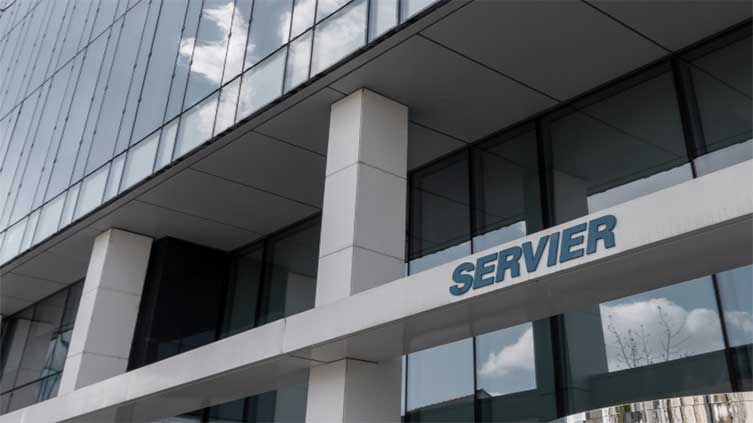Drug developer Servier's brain cancer drug slows tumor progession considerably

Study involving 331 patients showed vorasidenib significantly improved progression-free survival
(Reuters) - Private drug developer Servier Group said its experimental brain cancer treatment has considerably slowed the progession of a type of brain tumor, a positive in a field that has not seen progress for more than 20 years.
The drug, vorasidenib, delayed the growth of grade 2 glioma for a median of 27.7 months, more than twice compared to 11.1 months for patients who received a placebo.
Grade 2 gliomas are progressive, malignant brain tumors, which are more common in adults but can also occur in children and teenagers.
The study, involving 331 patients who had undergone no previous treatment other than surgery, showed that vorasidenib significantly improved progression-free survival and delayed the time before moving to further anticancer intervention like chemotherapy and radiation, according to results that have also been published in the New England Journal of Medicine.
Vorasidenib was granted fast track designation by the U.S. Food & Drug Administration (FDA) in March 2023 and the company is currently working on timelines for submission of a New Drug Application (NDA) for vorasidenib to the FDA.
The drug was a part of French-headquartered Servier's acquisition of Agios Pharmaceuticals Inc's cancer business for about $2 billion in 2020.

